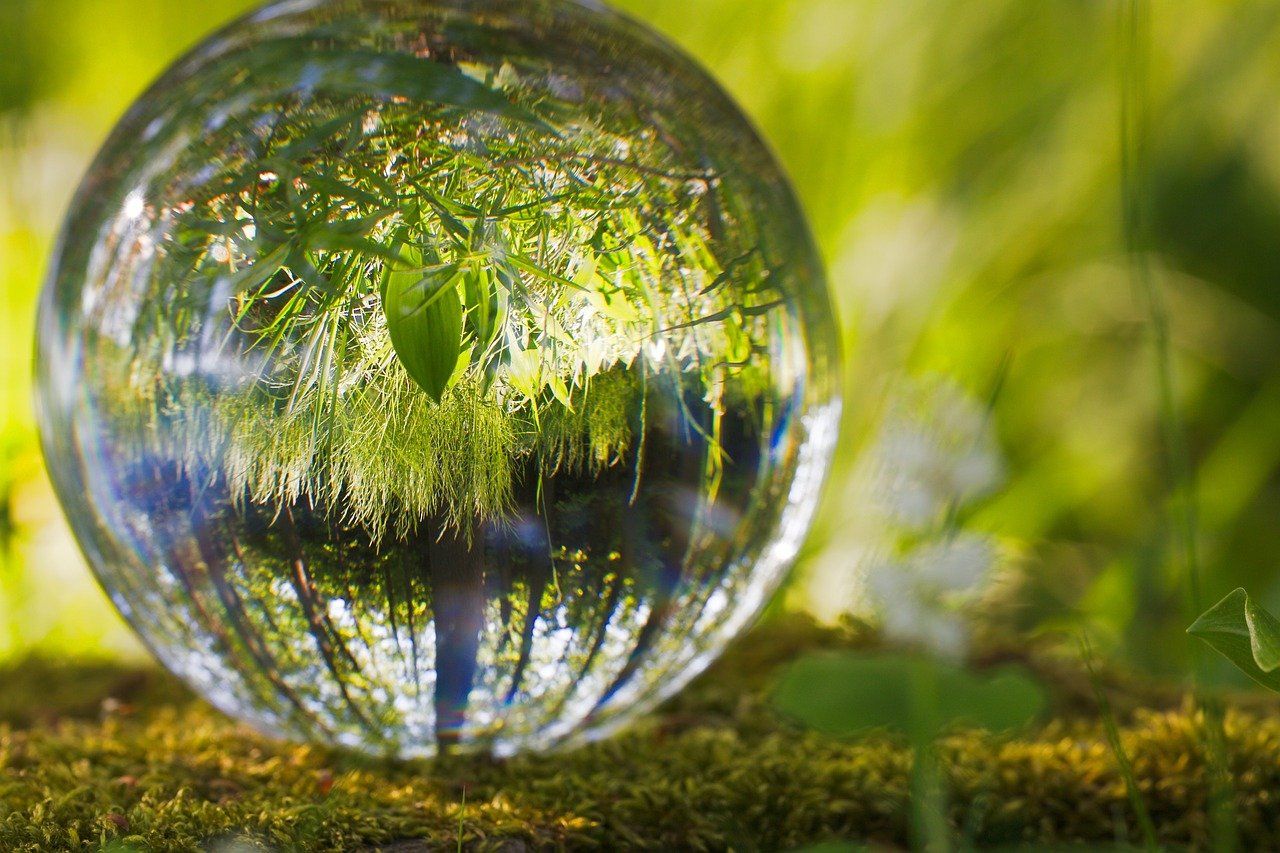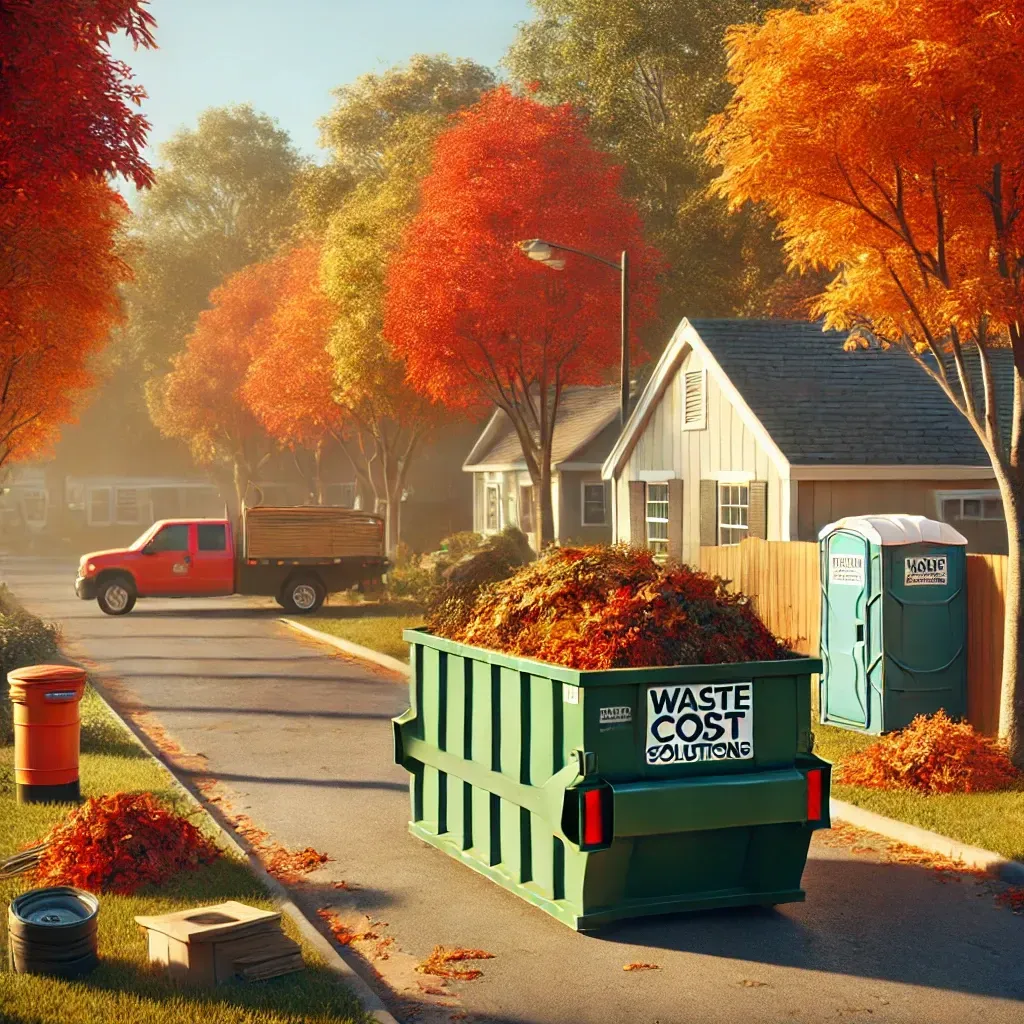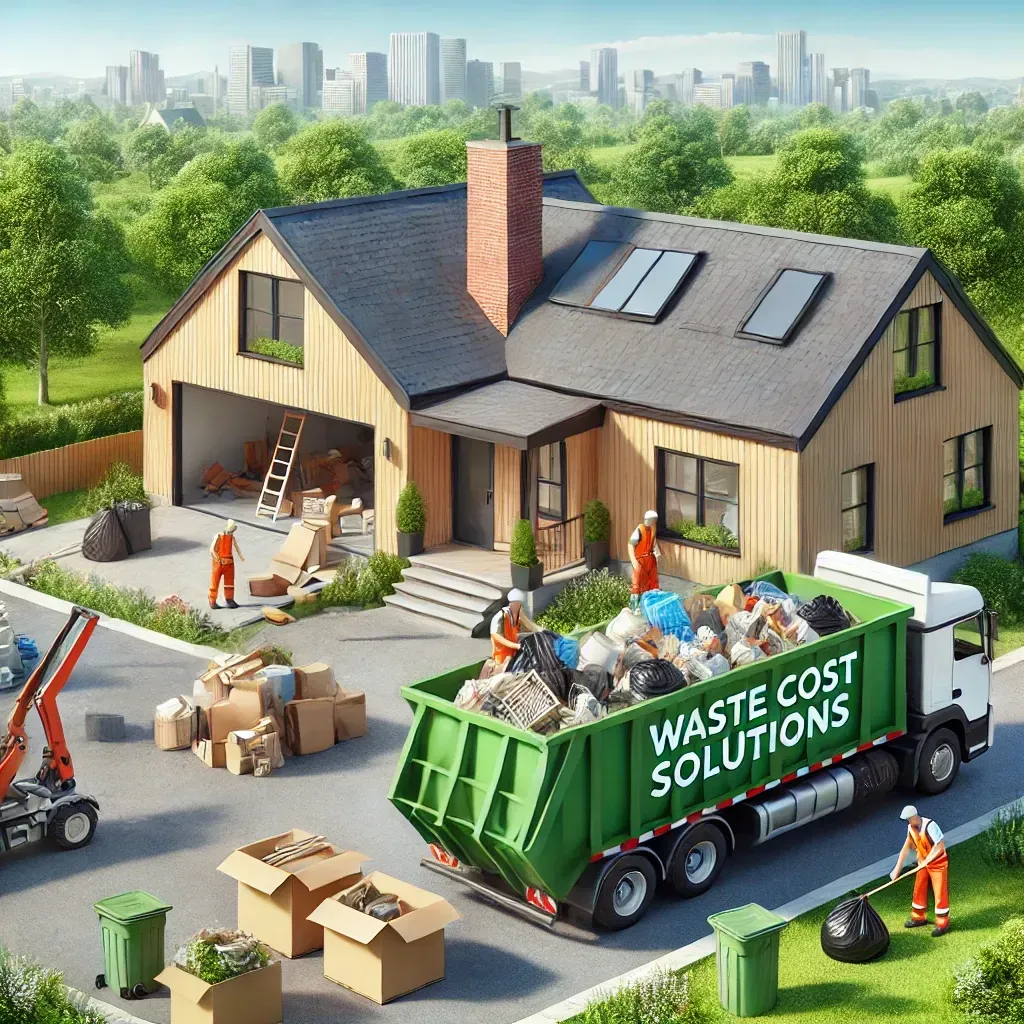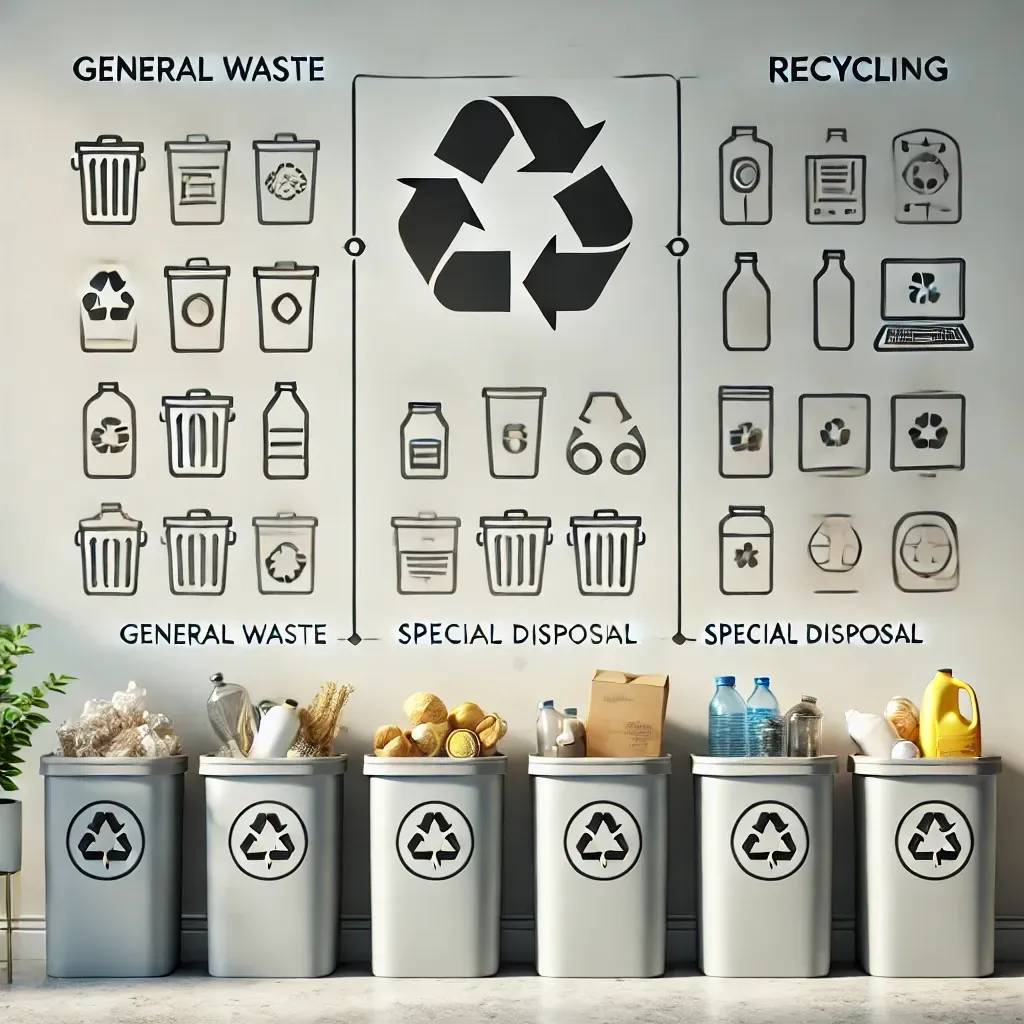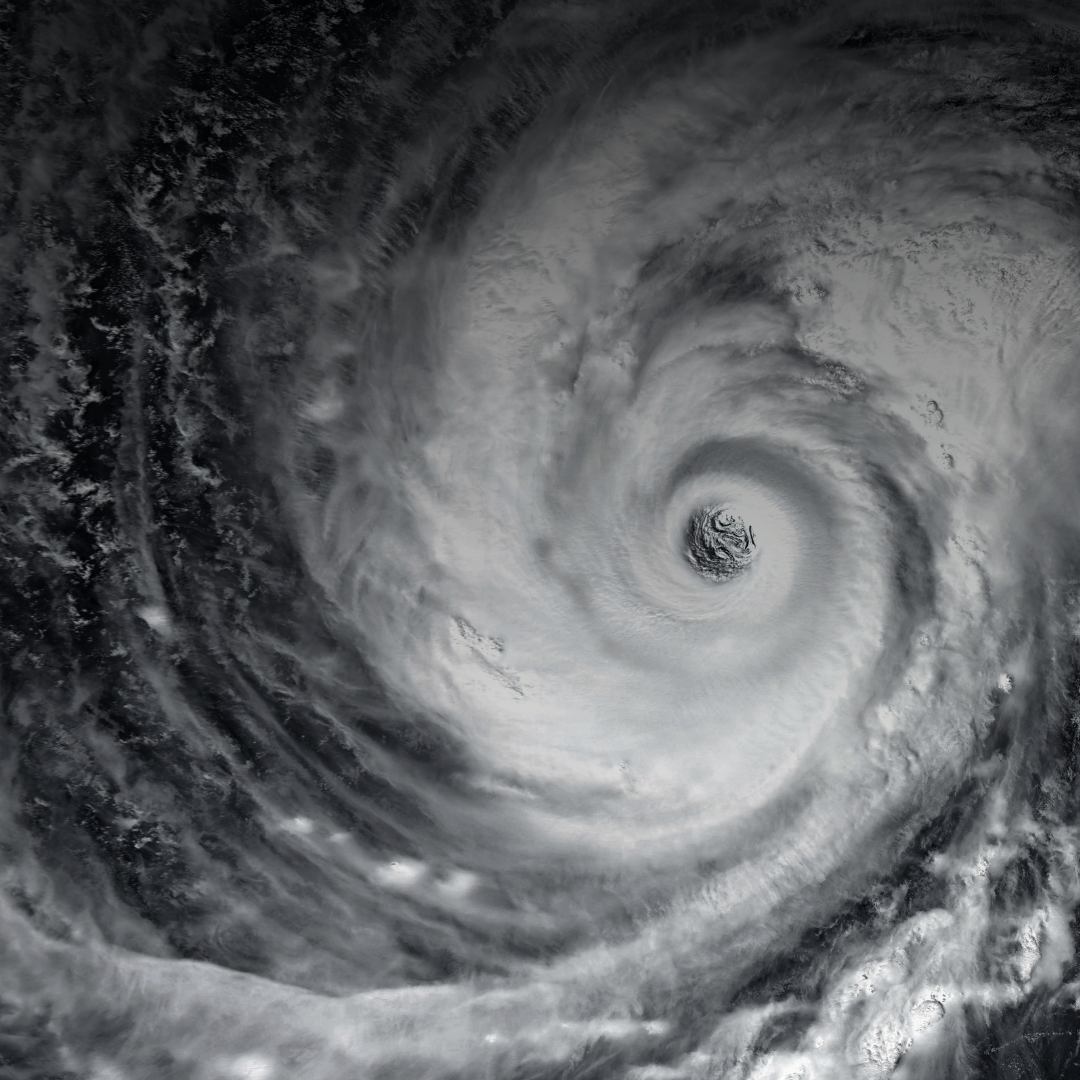How Will Waste Management Affect The World?
The Growing Impact of Waste Management on the World
Waste management is an important part of modern life. It affects our daily lives in a variety of ways, from the materials we use to the products and services we purchase. The environmental impact of waste management is also significant, as it has a direct effect on global climate change, resource depletion, and biodiversity loss. Let’s take a look at how waste management affects the world today, and what can be done to reduce its impact.
Global Impact
The global impact of waste management is far-reaching and complex. For example, when landfills are not managed properly, they can become sources of methane gas emissions, which are a major contributor to climate change. Poorly managed landfills can also lead to water contamination and air pollution if hazardous materials are present.
Additionally, there is often an imbalance between developed countries and developing countries when it comes to waste management practices; while some countries have advanced systems for dealing with their waste, others lack the resources or regulations necessary for proper disposal.

Environmental Impact
Waste management has a direct impact on the environment in terms of air quality and water quality. When organic materials such as food scraps and yard trimmings decompose in landfills without proper ventilation or aeration systems, they emit methane gas into the atmosphere which contributes to climate change. Additionally, improperly disposed hazardous materials can contaminate groundwater supplies when they leach into soil or runoff into waterways.
The Effects of Poor Waste Management Practices
Poor waste management practices have serious consequences for both the environment and human health. When plastic waste isn't handled properly, it often ends up in the ocean, where it harms marine life and pollutes drinking water sources. Wastewater can also contaminate soil and groundwater supplies, making them unsafe for drinking or crop irrigation.
In addition, when hazardous materials such as batteries or paint cans aren't disposed of properly they can leach toxic substances into the environment. Finally, landfills are a major source of greenhouse gas emissions due to the decomposition of organic matter; these gases contribute significantly to climate change.
How To Improve Waste Management Practices
The good news is that there are many ways to improve waste management practices around the world. Governments should invest in infrastructure that makes it easier for people to recycle and compost their waste safely and efficiently. Additionally, individuals can play their part by reducing their consumption of single-use plastics and using reusable bags instead of disposable ones whenever possible.
Businesses should also get involved by switching to more sustainable packaging methods, such as cardboard boxes instead of plastic bottles or containers made from biodegradable materials like corn starch or bamboo fiber. Finally, educational initiatives can help raise awareness about why proper waste management matters and how everyone can contribute towards a healthier planet.
Global Impact of Waste Management
Waste management is an important issue that affects us all on a global scale. Poor practices threaten both our environment and public health, while proper disposal techniques help reduce pollution levels and conserve natural resources for future generations.
By investing in sustainable infrastructure solutions, encouraging individuals to reduce their plastic consumption habits, switching to eco-friendly packaging options, and educating people about why proper waste disposal matters – we can all work together to create a greener tomorrow!
